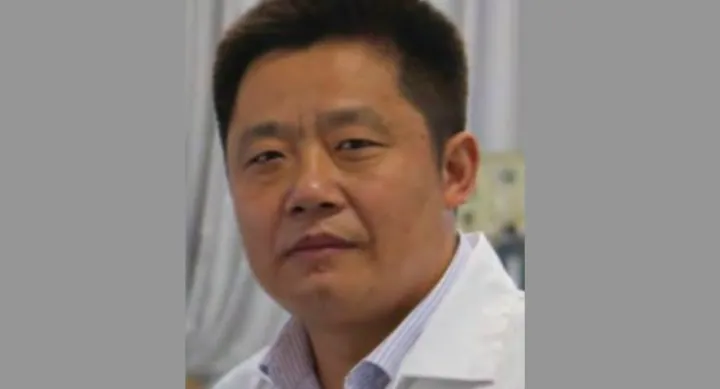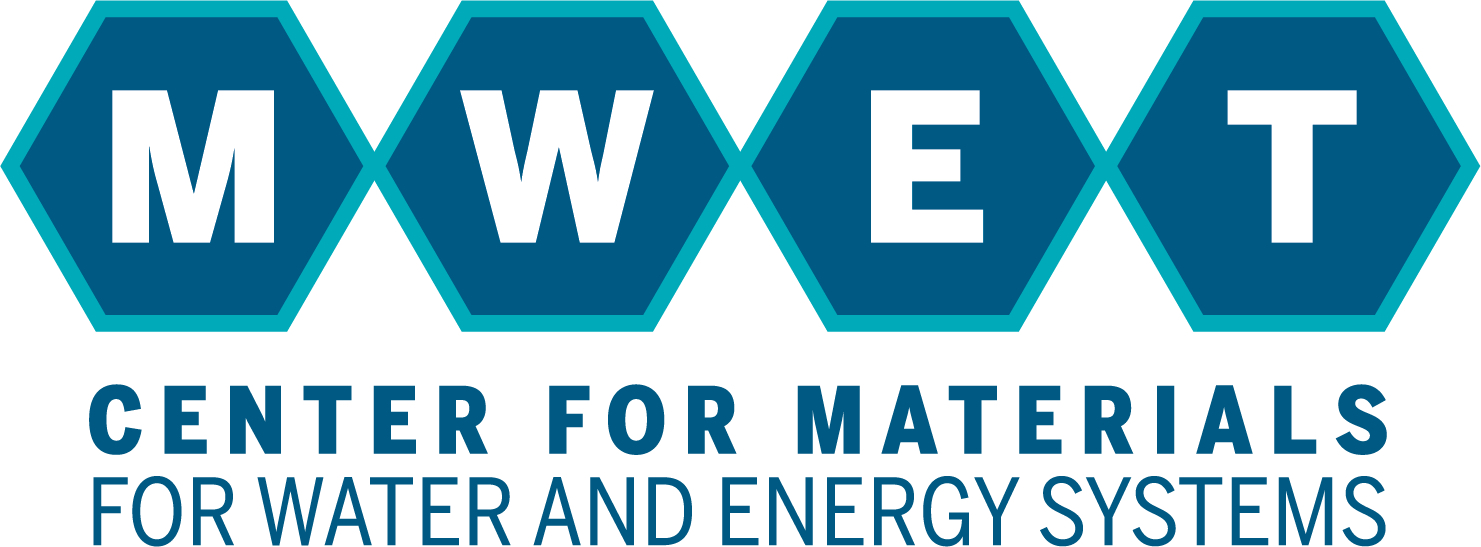
This talk will give a summary of traditional ion exchange membranes [IEMs) developed in the laboratory and a perspective of next generational IEMs.
October 16, 2024, 6:00 - 7:00pm CDT, Zoom 828 685 7838
Abstract
Ion Exchange Membranes: Present and Future
Environmental and energy-related technologies, such as redox flow batteries, fuel cells, water electrolysis, and electrodialysis-based ion separation, are crucial to realizing peak carbon emissions and carbon neutrality. All these technologies are based on electromembrane processes and require ion exchange membranes (IEMs) to fulfill selective ion transport and the separation of anode reactions from the cathode reaction. The traditional IEMs, represented by the perfluorocarbon Nafion and hydrocarbon polyelectrolyte, feature microphase-separated structure, and are well developed but suffer from the notorious conductivity/selectivity tradeoff.
To overcome it, our group has developed a new paradigm having confined micropores as ion channels and demonstrated this concept with membranes made from charged polymers of intrinsic microporosity or hyper-crosslinked polymers and ultramicroporous polymer framework membranes. The rigidly confined micropores within these membranes can endow both high size-exclusion-imposed ion selectivity and high free volume-induced permeability. Notably, with the combination of rigid pore confinement and multi-interaction between ion and membrane, triazine framework membranes could even achieve near-frictionless ion flow. As the next generation IEMs, the micropore-confined ones have demonstrated great effectiveness, as we have shown, in organic redox flow batteries and water electrolysis, and we believe they will also contribute to the development of other electromembrane processes.
This talk will give a summary of traditional IEMs developed in the lab and a perspective of next generational IEMs.
Biography
Tongwen Xu is Chair Professor of Chemistry Engineering at the University of Science and Technology of China (USTC). He obtained B.E. (1989) and M.E. degrees (1992) from Hefei University of Technology and his Ph.D. from Tianjin University (1995). Dr. Xu joined the USTC as an associate professor in 1997 was promoted to a full time professor in 2001.
Dr Xu was a short-term visiting scientist at the University of Tokyo (2000), Tokyo Institute ofTechnology (2001) and also a Brain-Pool Professor of Korea in Gwangju Institute of Science and Technology (2006-2007). The research interests of Dr. Xu are focused on the development and practical applications of ion exchange membranes. In his lab, he explores novel types of materials for cation/anion exchange membranes and bipolar membranes. He also investigates green and safe functionalization methods that can convert normal polymers into ion exchange membranes. Dr. Xu is dedicated to the industrial applications of ion exchange membranes, including diffusion dialysis (DD), electrodialysis (ED), bipolar membrane electrodialysis (BMED). In doing so, he expects to solve the most urgent challenge related to energy conversion and storage, environment and resources. Prof. Xu has authored > 600 publications (including journals like Nature, Nature Sustainability, Science Advance, Chem, JACS, Angnew Chem, Adv Mater, AIChE J), 7 Books, 20+ Chapters, and holds > 90 issued patents for ion exchange membranes and related processes. He is named as a highly cited researcher by Thomson Reuters (ISI Web of Knowledge) with over 20,000+ citations and an H-index of 89. Prof. Xu is the Editor of the Journal of Membrane Science, and on the editorial boards of Advanced Material Technologies, Heliyon, Advanced Membranes, Ind. Eng. Chem. Res. (former), etc. Prof. Xu’s contribution to ion exchange membranes and related processes has brought him numerous awards. He received the first class Technical Advance Awards of the Chinese Membrane Society (2006, 2009), the first class Technical Advance Awards of the Chinese Petroleum and Chemical Engineering Society (2008, 2009, 2021), Outstanding Youth Foundation of China (2010), Fellow of Royal Society of Chemistry (2013), Cheung Kong Scholars (2014), Award for the National Hundred, Thousand and Ten Thousand Talent Project (2015), K.C.Wong Talent Award (2016), Hou Debang Chemical Engineering Science and Technology Award of achievements (2016), National Award for Technological Invention (2018), Fellow of Chemical Industry and Engineering Society of China (CIESC)(2020), National Labor Medal (2024), etc.

